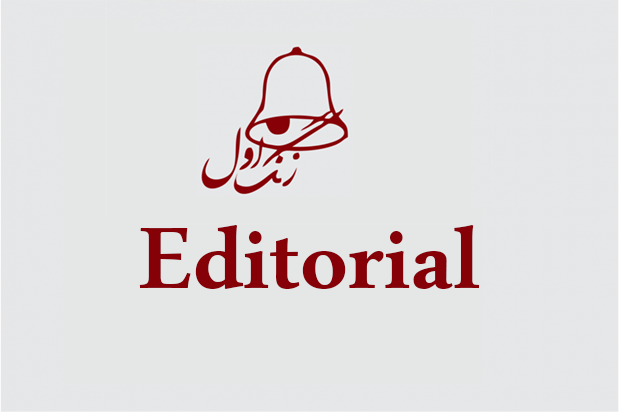The U.S. presidential elections will be held on November 3. As predicted at the beginning of the intra-Afghan talks, the elections have had a major impact on the Doha talks.
The Doha talks between negotiating teams from the Islamic Republic of Afghanistan and the Taliban, with mediation by the United States, began more than a month ago. From the very start of discussions on the principles of behavior, debate on the reference document of the negotiations ensued. The Taliban insisted on the authority of the Doha Agreement document. But since that agreement was signed between the United States and the Taliban, the Afghan government has no obligation to abide by it. The government’s negotiating team said that in addition to the Doha agreement, a joint Kabul-Washington declaration should be considered, but the Taliban did not accept this and continued to emphasize the centrality of the Doha Agreement.
Along with the question of the authority of Hanafi jurisprudence, one of the four principal Sunni schools of Islamic jurisprudence that both the Government and the Taliban are followers of, this issue was the main reason for the stalemate of the intra-Afghan talks in Doha. This situation was not resolved despite many efforts, and the intra-Afghan talks are now almost in a state of suspension.
The Taliban did not even adhere to the Doha Agreement, and by carrying out deadly attacks, refused to reduce the levels of violence. This breach prompted the U.S. Air Force to intervene in the fighting in Farah and Helmand provinces and to shell Taliban positions. The airstrikes inflicted heavy casualties on the Taliban in the Helmand war.
Recently, US forces have also attacked Taliban bases in Maidan Wardak province. The attacks were carried out by US forces under the Doha Agreement, which was rejected by the Taliban. What is certain is that the attacks were carried out due to the Taliban’s violation of the Doha Agreement. With the start of intra-Afghan talks, The Taliban should have reduced violence under the Doha Agreement, but instead now, a month after the start of intra-Afghan talks in Doha, the Taliban have intensified fighting in 26 Afghan provinces.
At the negotiating table, by the simple act of emphasizing the Doha Agreement, which the Afghan government is not obliged to commit itself to, the Taliban has effectively stalled the intra-Afghan peace process.
Sources told 8 Subh that the reason for the Taliban favoring a stalemate in the intra-Afghan talks was the proximity of the US elections.
According to these sources, the Taliban, on the advice of their regional supporters, are awaiting the results of the US elections to be announced before deciding on the intra-Afghan talks.
The Taliban, which apparently declares its independence, is waiting to see what the fate of the Doha Agreement will be after the US elections. Will Trump or Biden still be interested in these talks after the election? Will there be a plan to remove a number of Taliban leaders from the blacklist after the election – no matter who wins?
As it appears, President Trump viewed the Doha Agreement as a document to use in his election campaigns. Unlike the previous US elections, in which there was less talk about Afghanistan, this time the issue of peace with the Taliban was one that Trump mentioned in repeated tweets.
The Representative of the Department of State was also actively following the talks and made numerous trips to advance the talks as far as possible before the presidential elections. But the Taliban have created a virtually unresolvable stalemate in the negotiations under the pretext of the Doha Agreement. They are waiting for the results of the US presidential elections.
The US presidential elections will have a profound effect on the Doha talks, regardless of which candidate wins. What is certain is that the Taliban will lose their previous value and importance immediately following the elections. Presumably, US diplomacy will to return to its normal course and put more pressure on the Taliban to move the talks forward, and heavier conditions will be placed on them. The Taliban have understood this, which is why they have used the Doha Agreement as an excuse to stall the peace negotiations.












